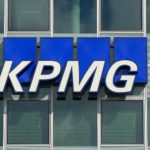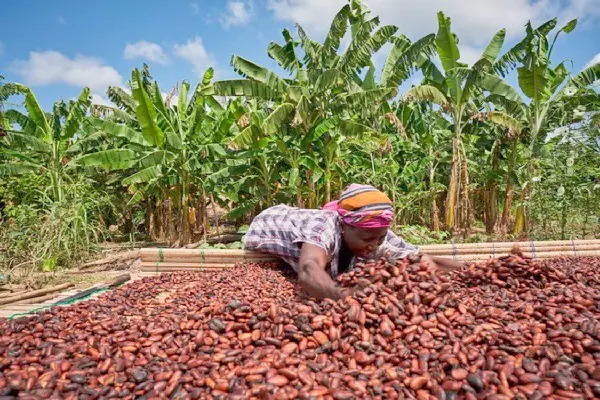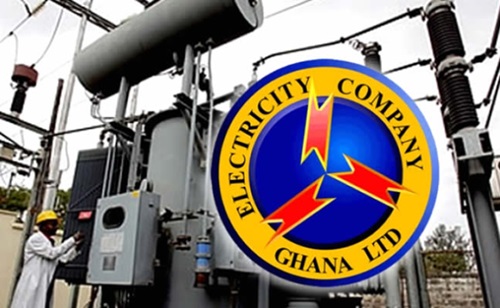The Bank of Ghana (BoG) says it is committed to keeping a strict monetary policy until inflation is clearly on the decline.
In a statement to the International Monetary Fund(IMF), the central bank stated that its monetary policy aims to reduce inflation to the target range of 8 ±2 per cent.
For the fourth month in a row, Ghana’s inflation slowed down.
The inflation rate fell to a 28-month low in July 2024, allowing for more monetary policy easing this year.
The inflation rate for July declined to 20.9% year on year from 22.8% in June 2024.
After an unexpected interest rate drop at the start of the year, the Bank of Ghana decided to maintain the benchmark rate of 29%, as the country’s weak currency obscured the potential of rising consumer prices.
In July 2024, the Monetary Policy Committee kept the policy rate steady at 29.0% for the third consecutive time.
“Our policy decisions will continue to be data-dependent to ensure a fast-paced and orderly disinflation path towards the inflation target; the BoG stands ready to adjust the policy stance to ensure inflation evolves as envisaged under our monetary policy consultation clause (TMU Section II)”.
“We are committed to continue absorbing excess liquidity and making sure our policy rate is fully transmitted to the market. In doing so, we will review the increased reliance on reserve requirements and the new tiering framework to ensure they deliver on their objectives”, the BoG further explained.
The central bank announced that it plans to strengthen its inflation targeting by improving its Forecast and Policy Analysis System (FPAS), enhancing macroeconomic data collection (including the BoG inflation expectations survey), boosting analytical capabilities, and improving communication about monetary policy.
Additionally, it aims to increase official international reserves to cover at least three months’ worth of imports by the end of the program.
“As the difficulties affecting the cocoa sector hamper its ability to accumulate reserves and that payments to IPPs [Independent Power Producers] are larger than previously expected, coupled with the uncertainty about the timing of the debt restructuring, we are also requesting a modification of the QPC to add an asymmetric adjustor on debt service on instruments arising from the restructuring of bondholders’ and commercial creditor’s claims”.
Given the goal of reserve accumulation and existing challenges, the Bank of Ghana will stick to a budget for foreign exchange interventions.















